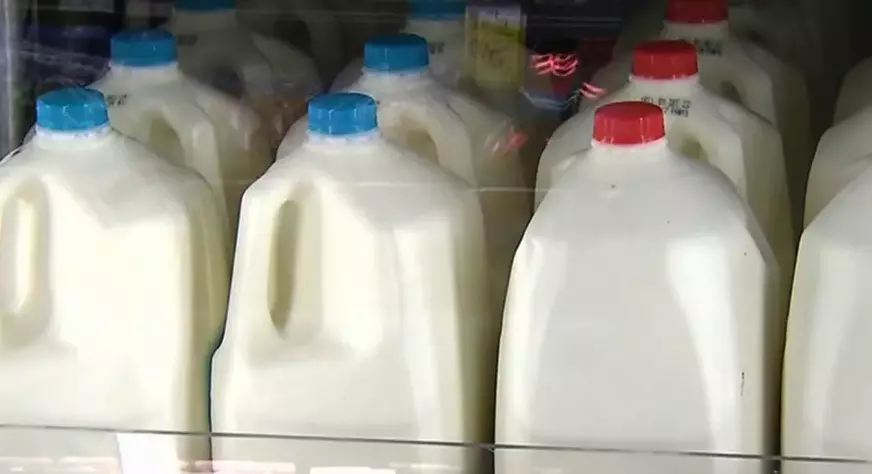US orders testing of milk supply for bird flu amid growing concerns

The US government has taken steps to better monitor the spread of bird flu among dairy cows, ordering testing of the nation’s milk supply for the H5N1 virus. The decision, announced by the US Department of Agriculture (USDA) on Friday, follows concerns over the virus’ increasing impact on both poultry and dairy herds across the country.
Since the outbreak began earlier this year, more than 100 million chickens have been infected, and over 400 dairy herds, particularly in California, have been affected. The virus was first detected in dairy cows in March 2024. While bird flu is typically associated with poultry, recent evidence suggests that it has begun spreading to cows, with initial reports indicating transmission through a single event likely in late 2023. The USDA has already conducted over 2,000 tests on cattle samples to understand the virus' behavior in dairy herds.
To contain the spread, the USDA is implementing a tiered strategy, focusing on lactating cows, which are more likely to test positive for the virus. The testing will help trace the virus' movements and inform biosecurity measures at farms. Although some pasteurized milk samples tested positive for bird flu particles, public health officials have assured that pasteurized milk remains safe for human consumption, as the heat treatment kills harmful pathogens.
The USDA's response also includes restrictions on dairy cattle movement between states. Cows testing positive for the virus will be prevented from crossing state lines until they test negative, in efforts to minimize further spread. While dairy cows seem to recover from the virus, the USDA has noted multiple cases of herd-to-herd transmission, which could complicate efforts to contain the outbreak.
In the meantime, the government continues to assess the situation, focusing on preventing any future health risks to workers and consumers while managing the economic impact on the dairy industry.

